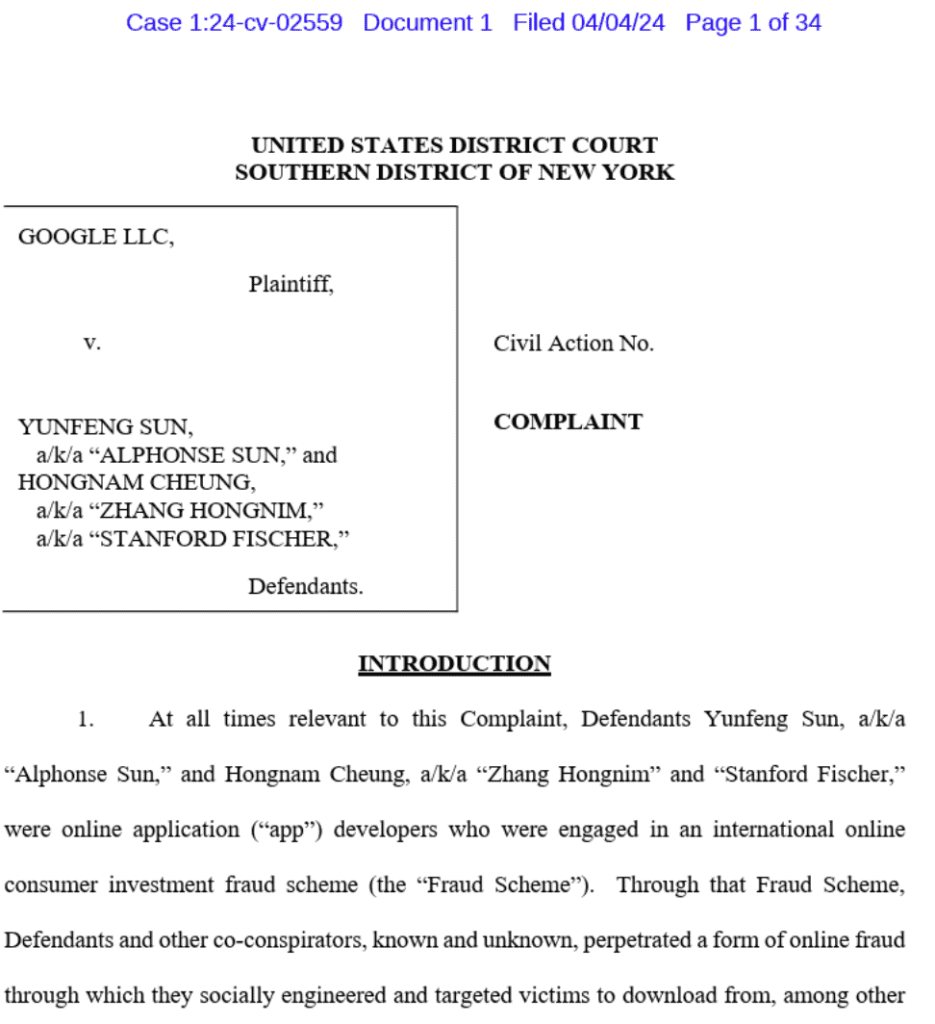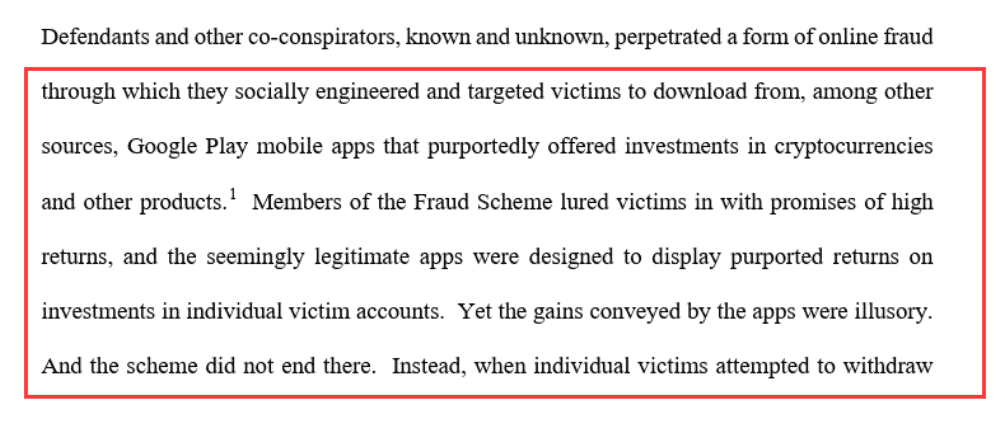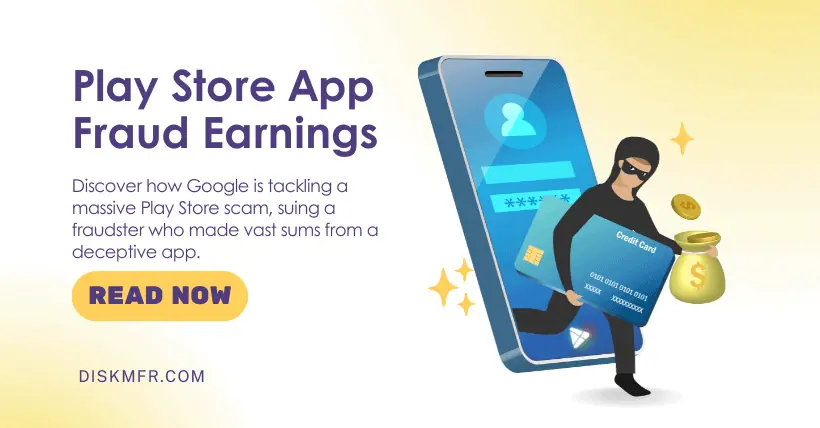
In recent years, the rapid popularization of smartphones and mobile Internet in the world has greatly improved the quality of human life, however, everything has its disadvantages, and the resulting “security” issues are becoming more and more prominent and serious.
What I mean by “security” is a broad concept, including online fraud, piggy banks, user privacy data leakage, hacking, viruses, etc. In addition, there is a very important aspect, that is, the APP application audit.

Unlike the Apple ecosystem, the Android ecosystem is open, and the other side of the “open” is disorder and chaos, with numerous APPs generated by various channels, which makes it very difficult to audit and regulate. In this regard, China has successively launched several regulatory measures, including the implementation of an APP filing system, without verification, filing APP is not allowed to be on the application store shelves.
In the global international market, the relevant companies and functional departments of various countries are also taking various initiatives to strengthen the audit and supervision of APP, which includes Google’s official Play Store application store, the following I want to share the news of Google’s cartwheeling in this regard, to remind everyone to pay attention to this issue.

Google has to go through strict auditing for APPs in the Play Store, but APP developers with bad intentions are not stupid, they will rack their brains and adopt various methods to confuse and confound the auditor so that the auditor will mistake them as normal and compliant APPs.
In this case, a hundred secrets are not enough, and a very few malicious and fraudulent APPs muddle through, successfully bypassing Google’s audit and appearing in Google’s Play Store app store in a dignified manner, while users have a very high level of trust in Google’s official Play Store app store.
Two scammers have uploaded 87 fake cryptocurrency trading apps in the Google Play Store app store by falsifying their identities, locations, and purposes, and luring users to invest through piggybacking on the killboards, with the money (including the principal) not being able to be withdrawn and retrieved.

It is reported that the two scammers illegally profited hundreds of thousands of dollars from the incident, which had a significant negative impact on the image and reputation of Google and its Play Store app store, and Google recently filed a lawsuit against the two app developers in New York federal court.
In a statement, Google emphasized, “Ensuring the online safety of our users is one of our priorities, and we will not tolerate [ill-intentioned people] abusing our platform for cryptocurrency fraud, and this lawsuit is a critical step in pursuing, and punishing, those who commit these bad acts.”
There is no ruling on the case yet, and I will be sharing the latest developments in the case as soon as possible, so stay tuned.

For the majority of ordinary smartphone users and the readers of this article, its greatest practical significance is:
Be careful when downloading and using all kinds of APPs, don’t take a chance, even if you download from the mainstream APP application market and everything seems to be normal and compliant on the surface, even so, it may not be completely reliable.
In addition, for unfamiliar apps, especially those that involve money and require recharging and transferring, you must spend a little time and effort to carefully verify. Don’t download and install APPs from third-party channels with unknown origins, and have enough security awareness to develop good usage habits.
Note: Figure 4 and Figure 5 are screenshots of the documents of the lawsuit filed by Google.

Author’s statement: The content is sourced from the internet.








